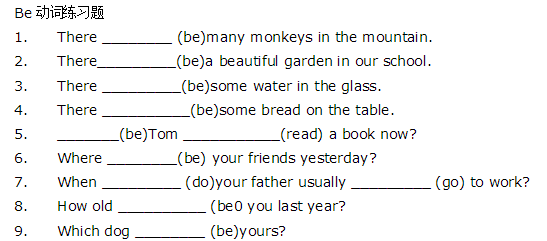英语中的 "many" 不仅可以用于肯定句和否定句,也可以用于一般疑问句来询问数量或程度。但是,当使用 "many" 时,通常应用于可数名词的复数形式,对于不可数名词或单数名词,应使用相应的量词,如 "much" 或 "a lot of"。

当 "many" 用于一般疑问句中时,通常意味着询问数量或程度的问题。例如:
- Many people attended the event. (肯定句)
- Did many people attend the event? (一般疑问句)
在上面的例子中,一般疑问句是通过在句子开头添加 "did" 来形成的。这种形式也可以用于其他动词,例如 "have" 或 "be"。
-
Many students have completed the assignment. (肯定句)
- Have many students completed the assignment? (一般疑问句)
-
Many of the books are available online. (肯定句)
- Are many of the books available online? (一般疑问句)
需要注意的是,当使用 "many" 时,它通常用于可数名词的复数形式。如果它用于不可数名词或单数名词,就需要使用相应的量词,如 "much" 或 "a lot of"。
-
Many cars were parked on the street. (肯定句)
- Were many cars parked on the street? (一般疑问句)
-
Many water was spilled on the floor. (错误的用法)
- Was much water spilled on the floor? (正确的用法)

